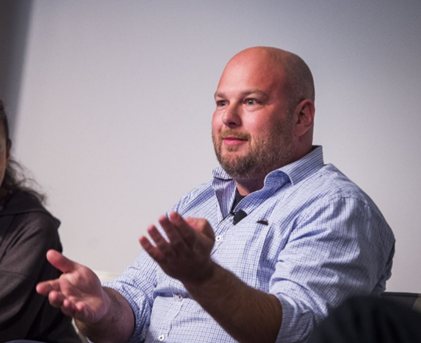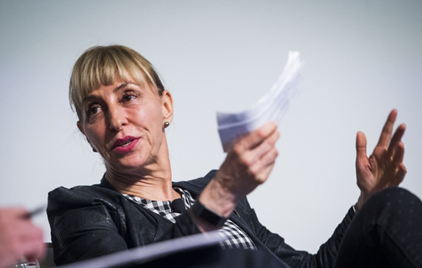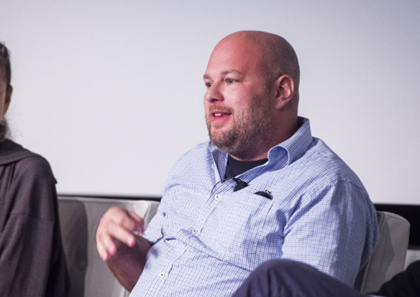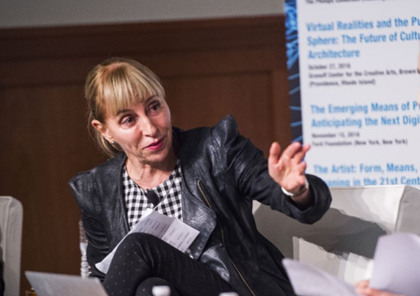
ZICHERMANN: You just can’t expect people in 2016, especially this younger generation, to conform to that “old timey” idea of putting down that device for the length of time of your performance without some help. That problem – where you keep looking at your phone – now qualifies as a bona fide addiction. It’s a real problem.

GREENFIELD: … No one would want to preach at someone, to say, “you’re unworthy; you mustn’t do this or that.” I, for one, would be horrified if phones were allowed in theatres and cinemas; it’s bad enough on the trains, bad enough in the airports, or most places where people are having really boring conversations ...
I think it’s a real challenge—of course you don’t want to shame people or make them feel guilty or preach at them. I think it goes further back to education … People, somehow, need to get in touch again with the notion that for certain activities, you go to certain places.

ZICHERMANN: Well, I think that in the meantime, though – while they’re getting in touch with that— the organizations that depend on that undivided attention will lose. So, we did a bunch of work gamifying some Broadway shows and one of the interesting things we found out in the research was that a lot of younger people stay away from performances because of this question of whether or not they are going to like it; and if they don’t like it, can they leave in the middle of it; and if they don’t like it, can they check their phone.
I, for one, am in the camp that believes this is a problem serious enough that I’ve started a new startup devoted to helping people overcome their technology addiction, which is called Onward. I know that sounds weird for someone who does what I do for a living to turn around and go another direction, but I think it has gotten to a point where there is such a giant wall of demand from the economy to get people to look at their phones.
I mean, just consider: when you are asking people to not look at their phones for that two-hour period of time, every other company on earth is attempting to buzz their phones. Literally every business on earth would like for them to look at their phones. Not some. Every single one. … Seriously. Here’s the thing: you are really asking to hold back the dam.

GREENFIELD: No, Gabe, you are using the wrong words, words like “old timey” and “hold back the dam.” And I don’t think it has to be like that. Why can’t we use words like empowerment for people, give them back a sense of identity, individuality, strength of character, confidence. And that comes with education.
... I think there are three things that are really important, and it’s so sad that I have flag these as special, because, in the past, we took them for granted. First, eating together from time to time, where you are sharing food and you are actually having conversation. Second, reading stories to small children who can’t read very well, so they get a sense of bonding, attention span, and imagination. Third, physically getting outside and burning off the calories and staving off obesity and actually stimulating all five senses and learning basic skills like hopping, skipping, and jumping, which the current generation cannot do. We’re facing also a time in the UK … where for adolescents there has been a sharp increase in depression and anxiety that’s gone on for the last 10 years. These are issues that we really have to face.�